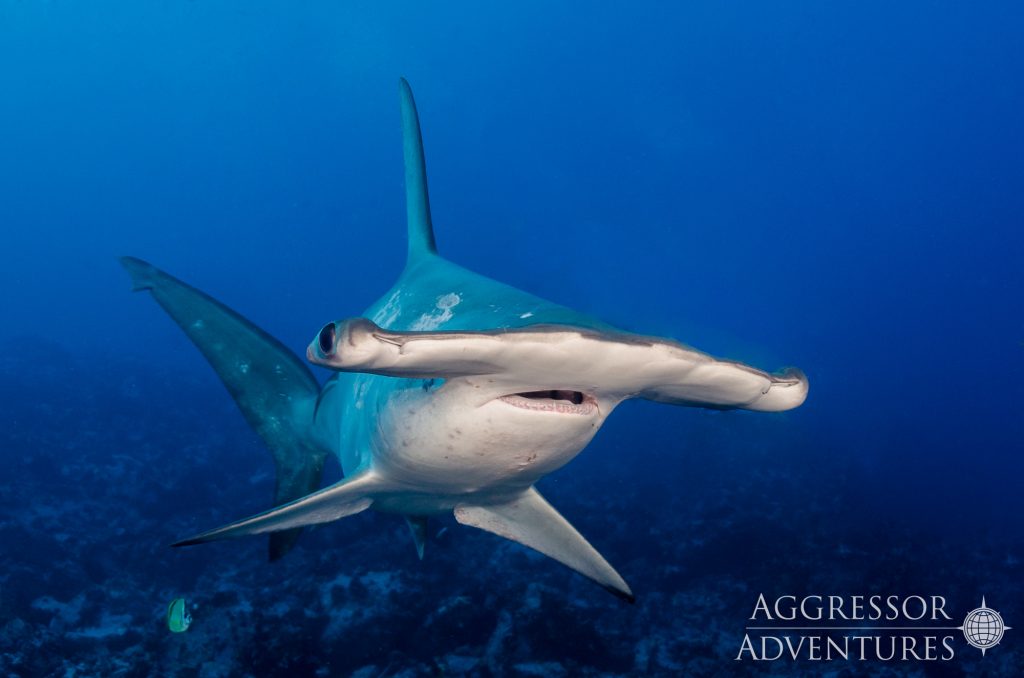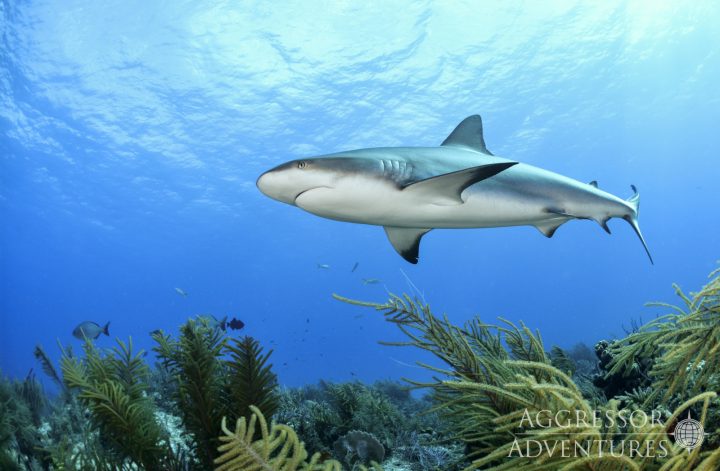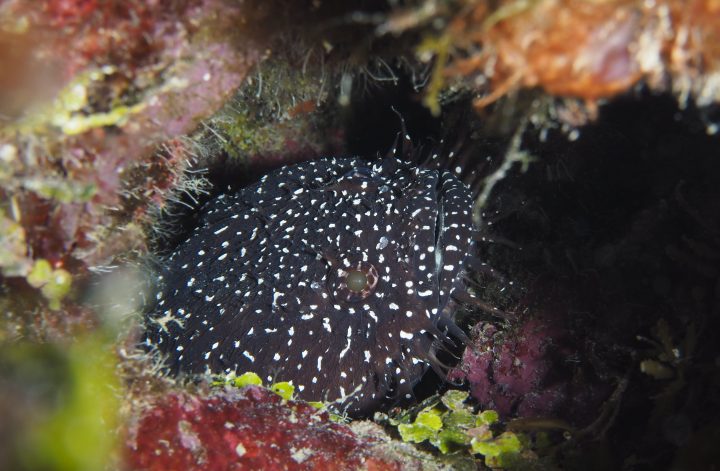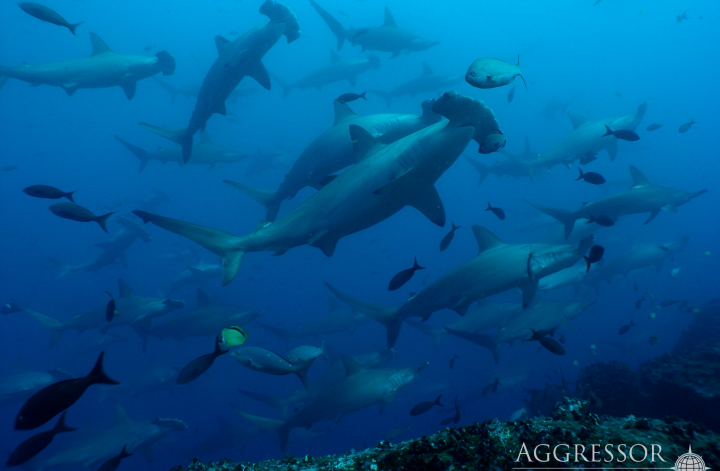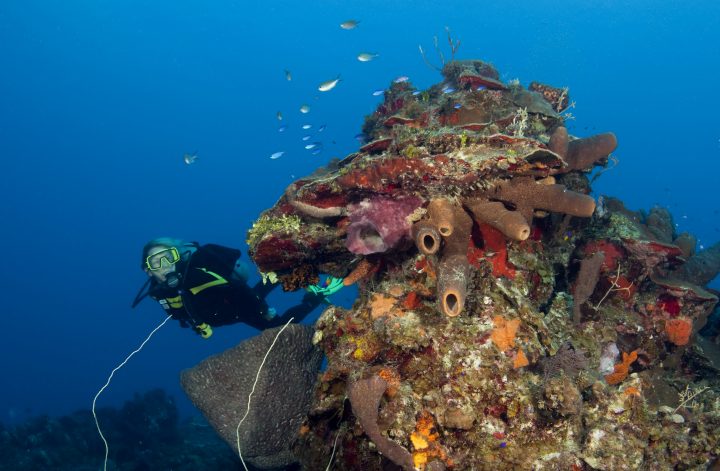Sharks have long been misunderstood and feared creatures, thanks to a history of sensationalized portrayals in popular media. However, sharks play important ecological roles in their habitats. In this blog, we’ll delve into how sharks help maintain the delicate balance of the ocean’s ecosystems, and why their conservation is important for the health of our oceans.
Sharks have long been misunderstood and feared creatures, thanks to a history of sensationalized portrayals in popular media. However, sharks play important ecological roles in their habitats. In this blog, we’ll delve into how sharks help maintain the delicate balance of the ocean’s ecosystems, and why their conservation is important for the health of our oceans.
1. Some shark species are apex predators, occupying the highest levels of the marine food web. As such,species such as the white shark, tiger shark, oceanic whitetip, and bull shark play a pivotal role in controlling the populations of their prey species, helping to keep their ecosystem in check. By preying on the weak, sick, or injured individuals, they ensure the survival of healthier animals thereby contributing to more robust populations of their prey; and healthy populations of multiple marine species contributes to maintaining biodiversity which is important for ecosystems’ resilience. Marine species, which in turn contributes to maintaining biodiversity and species equilibrium.
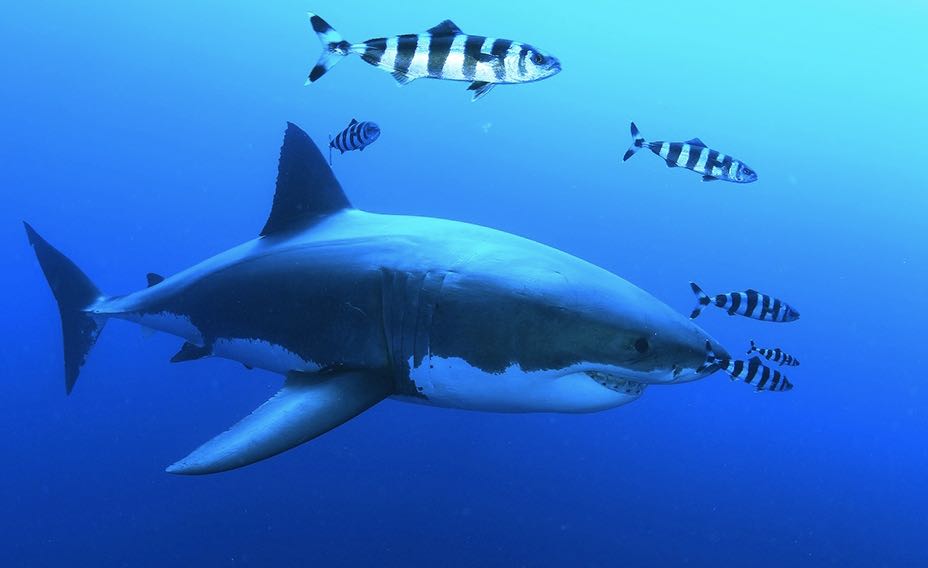
2. Regulation of Prey Populations
When sharks hunt, depending on the species, they target a variety of marine animals, including fish, marine mammals, and other smaller sharks. This predatory behavior helps control the population of these species, preventing overgrazing of seagrass beds and the depletion of certain fish stocks. Without sharks regulating prey populations, there could be negative impacts to their marine food web impacting other marine species populations and even fisheries.
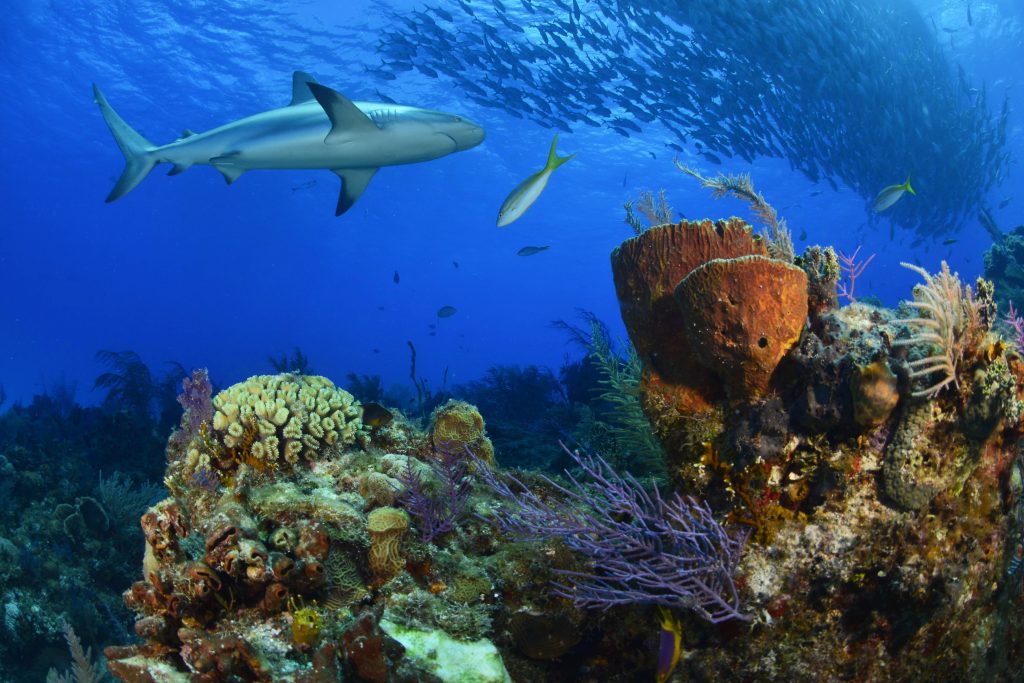
3. Sharks & Marine Biodiversity
Studies suggest that those habitats with healthier shark populations often have higher fish biomass and maintain their biodiversity. And ecosystems with intact biodiversity are often more resilient in the face of other anthropogenetic pressures such as overfishing and pollution.

4. Some sharks modulate prey behavior
The presence of some shark species indirectly influences the behavior of other marine species, especially their prey. For example, when sharks are in an area, their prey may avoid those locations, leading to more evenly distributed feeding or foraging, and reduction of grazing pressure in specific regions. This ripple effect helps preserve critical habitats like coral reefs and seagrass beds, which are essential habitat for numerous marine organisms.
5. Some shark species may help support Carbon Sequestration
Believe it or not, some shark species even contribute to the fight against climate change. Sharks that primarily feed on large herbivores, such as dugongs and sea turtles, help keep those populations in check which can help prevent over-grazing of sea grasses that plays a crucial role in carbon sequestration. By controlling herbivore populations, some sharks species indirectly support the carbon-storing capacity of these marine ecosystems.
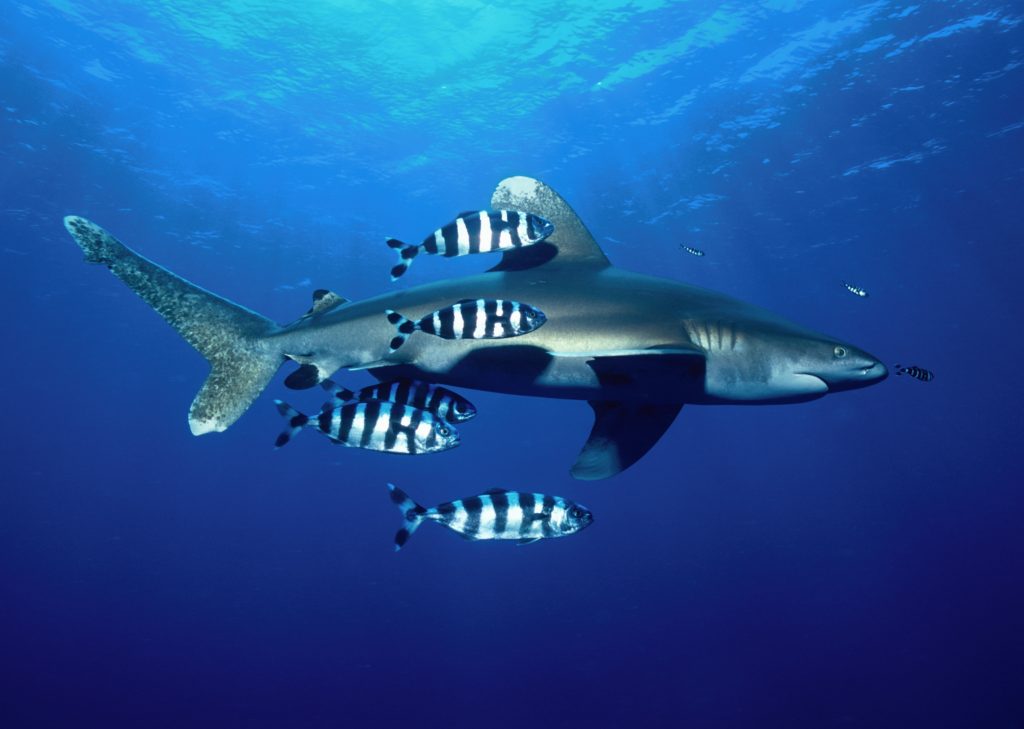
6. Economic Value of Sharks
Many shark species also hold significant economic value. Many coastal communities around the world rely on shark-related tourism for their livelihoods. Diving and snorkeling tours to witness these magnificent creatures generate revenue and provide jobs for locals. If these sharks were to disappear, it could have severe implications for the livelihoods of these communities. Some sharks are also valuable to sustainable or artisanal fisheries.
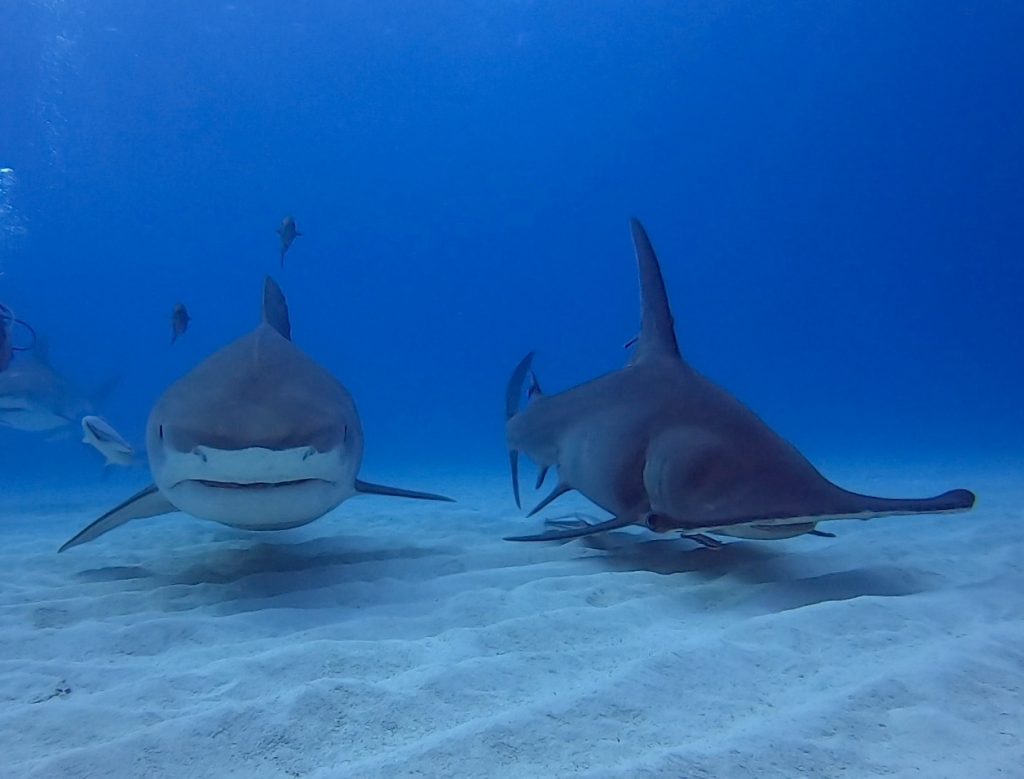
Sharks are more than just the fearsome creatures depicted in movies and television shows. They are indispensable guardians of their marine ecosystems, ensuring its health, resilience, and balance. From regulating prey populations and maintaining biodiversity to promoting the health of critical habitats and even combating climate change, their roles are undeniably vital.
To protect sharks and, by extension, their marine ecosystems, it is essential to address challenges such as overfishing, bycatch, habitat degradation, and climate change. A comprehensive 2021 study found that approximately 1/3 of all shark and ray species are threatened with a global extinction crisis. Effective conservation efforts, increased public awareness, and responsible fishing practices are the keys to safeguarding these majestic creatures and securing a healthy future for our oceans. So, let us recognize the importance of sharks and work together to preserve their place in the grand tapestry of marine life.
